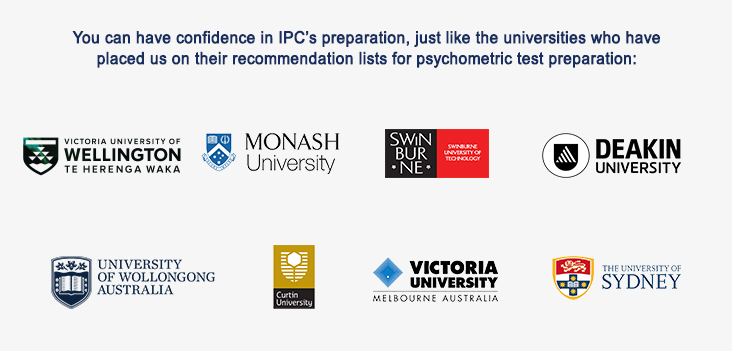The correlation between a person’s age and performance on psychometric tests
It has been well documented that there is a general decline in psychometric performance as a person advances in age. For example, a particular study by Samuel Granick titled ‘The Effect of Education on the Decline of Psychometric Test Performance with Age’ back in 1967 showed that this was more significant in psychometric tests relating to cognition, attention, perception and visual-motor coordination. However, despite these findings, older candidates can certainly improve their performance levels through good old-fashioned practice.
Age may have an impact on psychometric test performance for older candidates, but preparation for the cognitive battery of tests will ensure that older candidates can still pass the test with great results. If you practice the potential questions that are found on an aptitude test – to test verbal, numerical and abstract / non-verbal skills – you can overcome any disadvantages relating to age.
To test your aptitude you will be expected to demonstrate verbal skills through reading and understanding or deducing information. You will also have to solve mathematical problems as well as a number of visual puzzles through reasoning.
There is certainly no reason why this group of candidates cannot work on their strengths and weaknesses to demonstrate better results and put themselves forward in the best possible light. In fact, through the practice of these aptitude tests you will start to notice an improvement in your cognitive speed and memory, ensuring you will have all the test experience required to pass the psychometric exam with flying colours.









